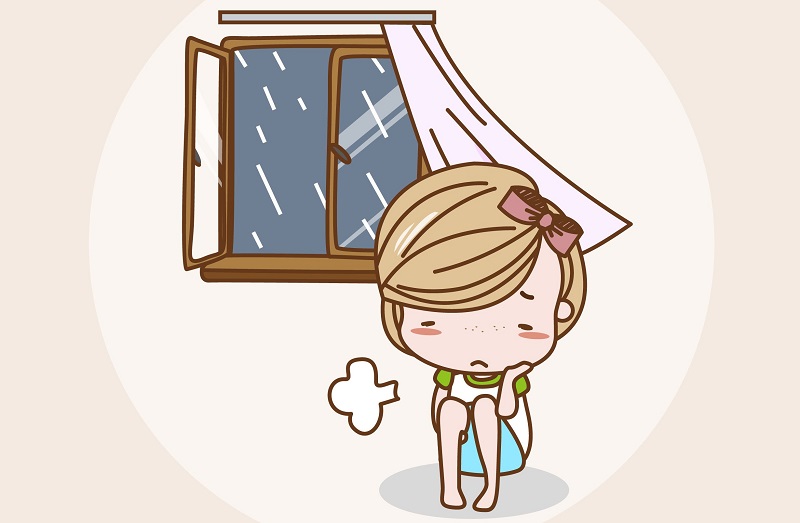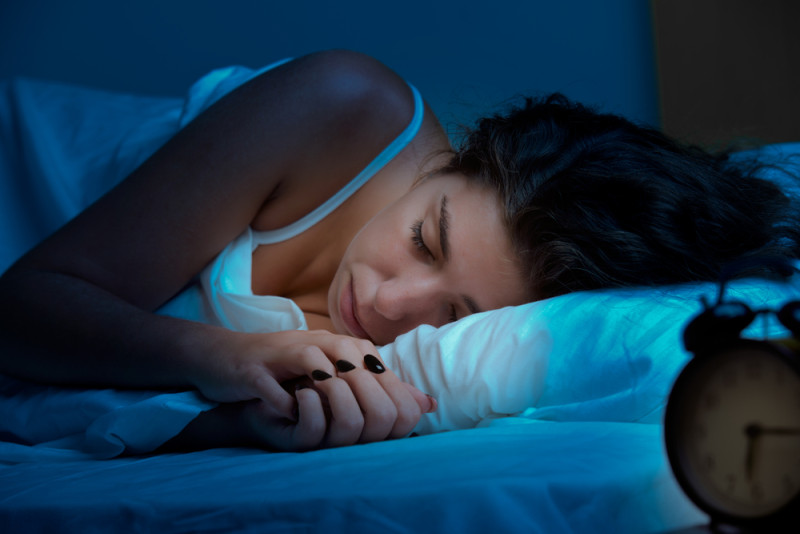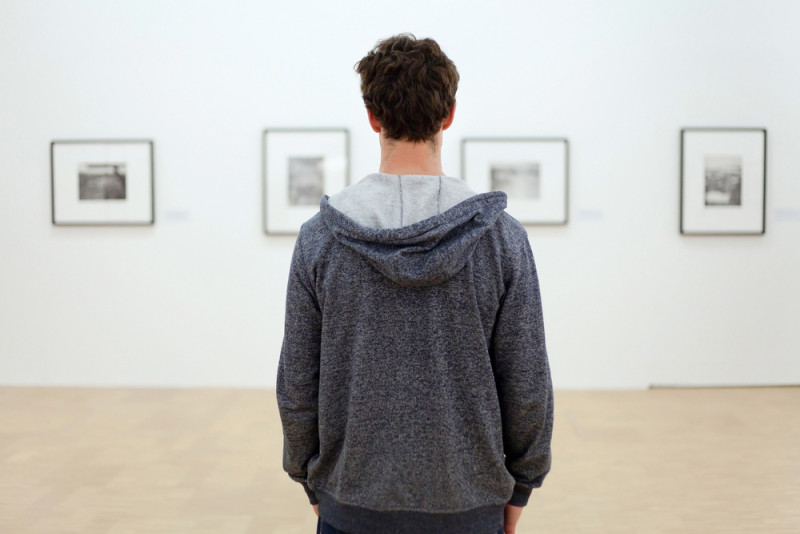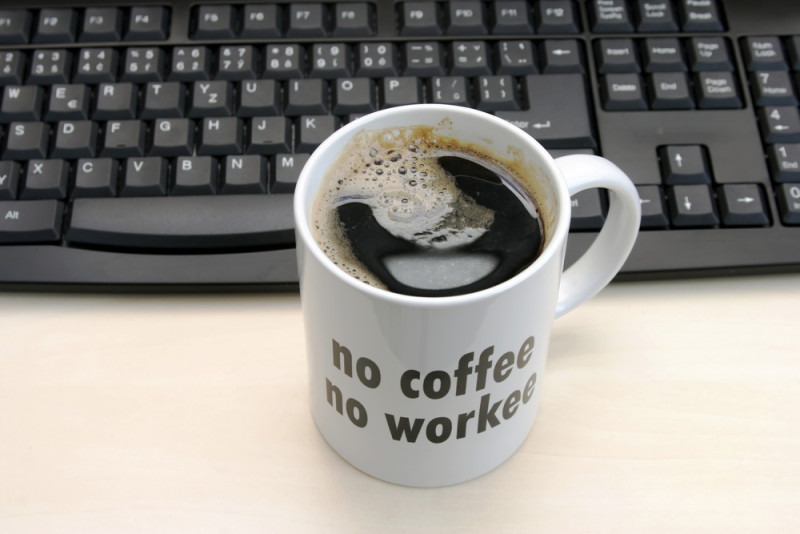Depression is a mental disorder that will affect 6.9% of U.S. adults at least once in their lives. Additionally, the World Health Organization states that about 350 million people worldwide suffer from depression, and it is considered the leading cause of disability. (Source)
However, depression is still vastly misunderstood.
According to the Mayo Clinic,
“Depression is a mood disorder that causes a persistent feeling of sadness and loss of interest. Also called major depressive disorder or clinical depression, it affects how you feel, think and behave and can lead to a variety of emotional and physical problems. You may have trouble doing normal day-to-day activities, and sometimes you may feel as if life isn’t worth living.”
Treatment is necessary for this condition, but pharmaceuticals do not work for everyone.
Here are 10 natural ways to treat depression!
1. Meditation
More specifically, mindful meditation practices have been shown to improve depression and decrease the chance of relapse. There are plenty of studies to back up meditation as a proper treatment, but researchers are still unsure as to why mindfulness works.
“It may be that mindfulness leads to an increase in self-compassion and a decrease in experiential avoidance,” says Stuart Eisendrath, MD, professor and head of the Depression Center at the University of California, San Francisco. “It may be selective attention — if you focus on your breath, you have less bandwidth to ruminate. There are a lot of factors that are operative, and we are just beginning to tease out and deconstruct them. It’s like tasting a soup with 10 spices. Is there one main ingredient or is the flavor a combination of things?” (Source)
2. Vitamin B-12 Intake
A lack of necessary vitamin B-12 in the body may lead to a person’s inability to combat his or her current depression. A study published in 2005 states that low B-12 levels hinder traditional depression treatment and create an increased likelihood of regression. However, if B-12 levels are sufficient, increasing one’s intake will not treat current depression.
3. Set Goals
Setting achievable goals is one thing psychiatrists, and counselors suggest in depression therapy. The University of Michigan has an online depression toolkit that discusses this. They suggest taking a bigger goal and breaking it up into more manageable pieces.
Specifically,
“When setting goals, the important thing is to keep them realistic and achievable. When working toward a goal, it is important to create a plan, monitor your progress, and adjust accordingly over time.”
4. Set a Sleep Schedule
This may seem simple, but those suffering from depression often find their sleep severely disrupted, and trying to get the body back into a healthy sleeping pattern is very difficult. Setting a sleep schedule means staying awake during the day and going to sleep and waking up at the same time every day. To learn more about this process, check out Students Against Depression.
5. Try Something New
Those who are depressed are stuck in a rut, and one way to break out of that rut is to try something new. This can be as easy as taking a trip to the local museum or volunteering at a soup kitchen.
Ian Cook, MD., psychiatrist and director of the Depression Research and Clinic Program at UCLA states:
“When we challenge ourselves to do something different, there are chemical changes in the brain. Trying something new alters the levels of [the brain chemical] dopamine, which is associated with pleasure, enjoyment, and learning.”
6. Talk About Your Depression
One of the best things someone with depression can do is to find people they trust and discuss their depression with them. Support systems are needed and admitting depression and the need for help is a huge step forward in the healing process.
According to Beliefnet,
“The most basic and simple reason talk is important is that it lets you give voice to your pain. Perhaps up to now you haven’t told anyone you are depressed. Maybe you haven’t even admitted it to yourself. It might even be that you don’t know you are depressed. No one can help you if you won’t give voice to your pain.”
7. Light Exercise
Random acts of exercise will not help with depression, but a regular regimen will.
Harvard Health states,
“Can a few laps around the block actually solve your emotional problems? Probably not, but a regular exercise program might help. A review of studies stretching back to 1981 concluded that regular exercise can improve mood in people with mild to moderate depression. It also may play a supporting role in treating severe depression.”
It is worth a shot!
8. Take On Additional Responsibilities
Those who are depressed will withdraw from life and slowly abandon all responsibilities. This is a dangerous spiraling path. By taking on new responsibilities that the depressed person cares about, that person is more likely to stay involved and feel a sense of accomplishment. This will help to combat the feelings of uselessness that may plague those who are depressed.
9. Relaxation Exercises
Many psychiatrists use relaxation exercises to not only treat depression but anxiety and stress disorders as well. They are shown to increase energy, concentration, and self-confidence. They are also simple and easy to perform anywhere.
If you are interested in relaxation exercises, check out this video!
10. No More Coffee!
A depressed person doesn’t have to give up all coffee, but he or she should try to limit it to one cup a day. Coffee is good for an hour or so, but the low can be especially difficult for those struggling with depression.
“Caffeine tends to increase the release of insulin in the blood, and insulin lowers the blood sugar levels. When you have low blood sugar levels, you begin to feel less sure of yourself, and have low energy levels, which can lead to the blues or depression.” (Source)
Before changing a current depression treatment, it is best to talk with a health care professional. Many of these tips can be added safely to traditional treatment and are suitable alternatives. Medication doesn’t work for everyone and may lose effectiveness over time. These options may be helpful.












